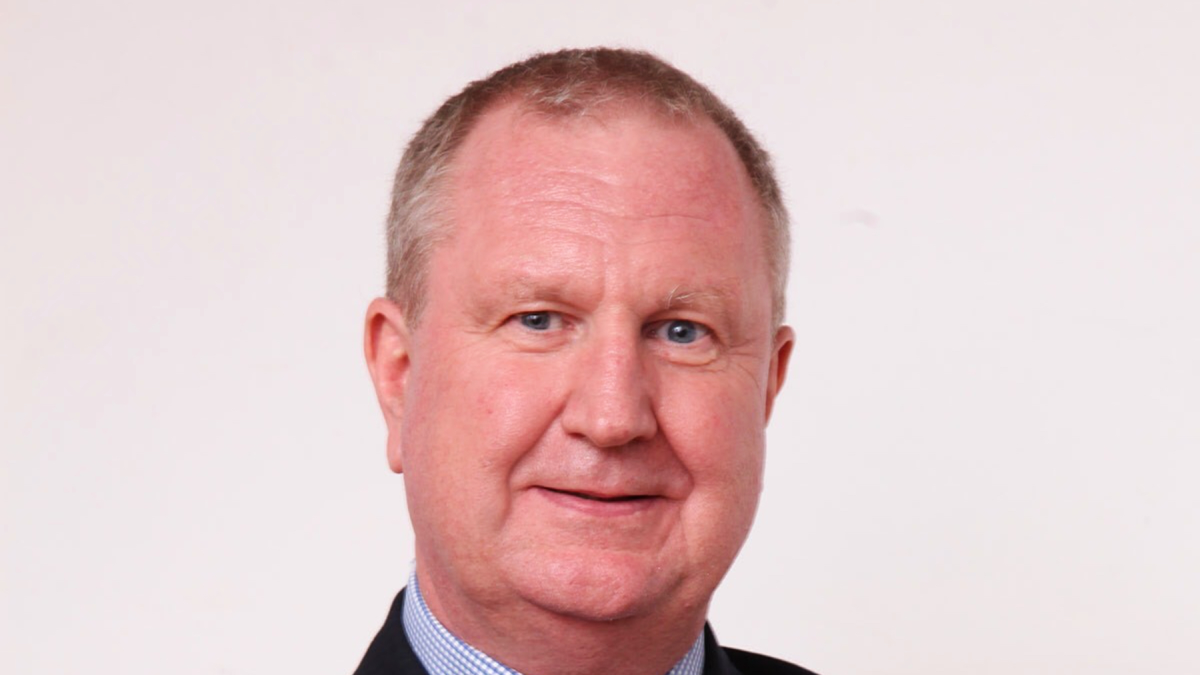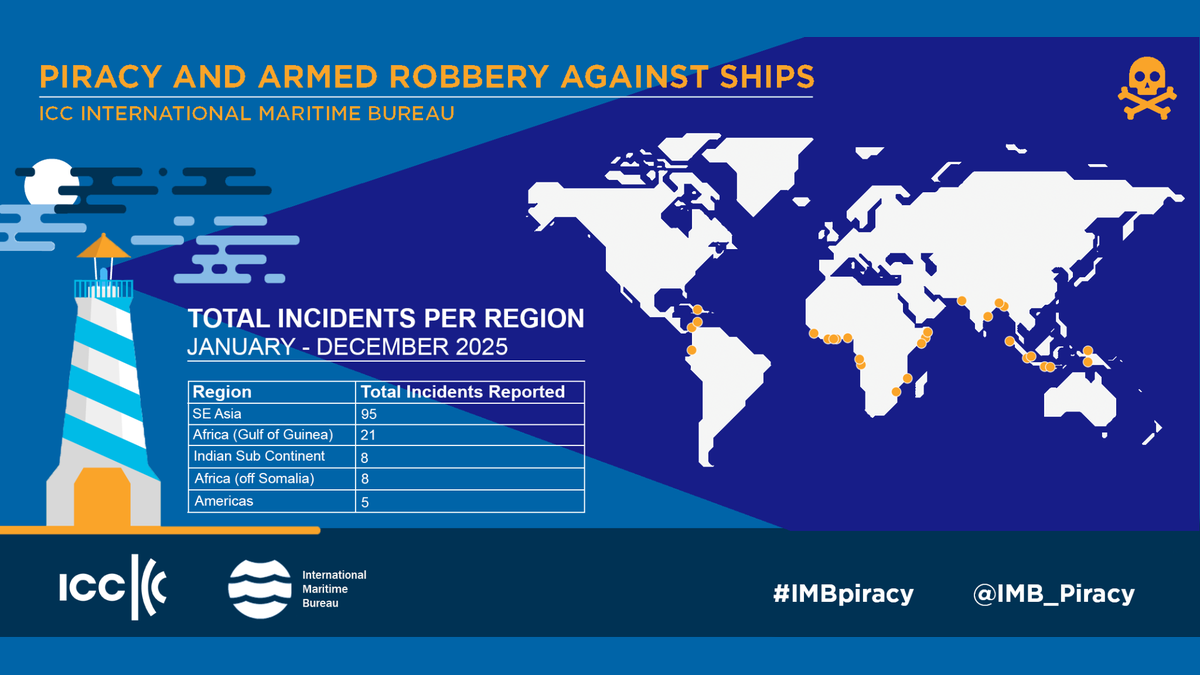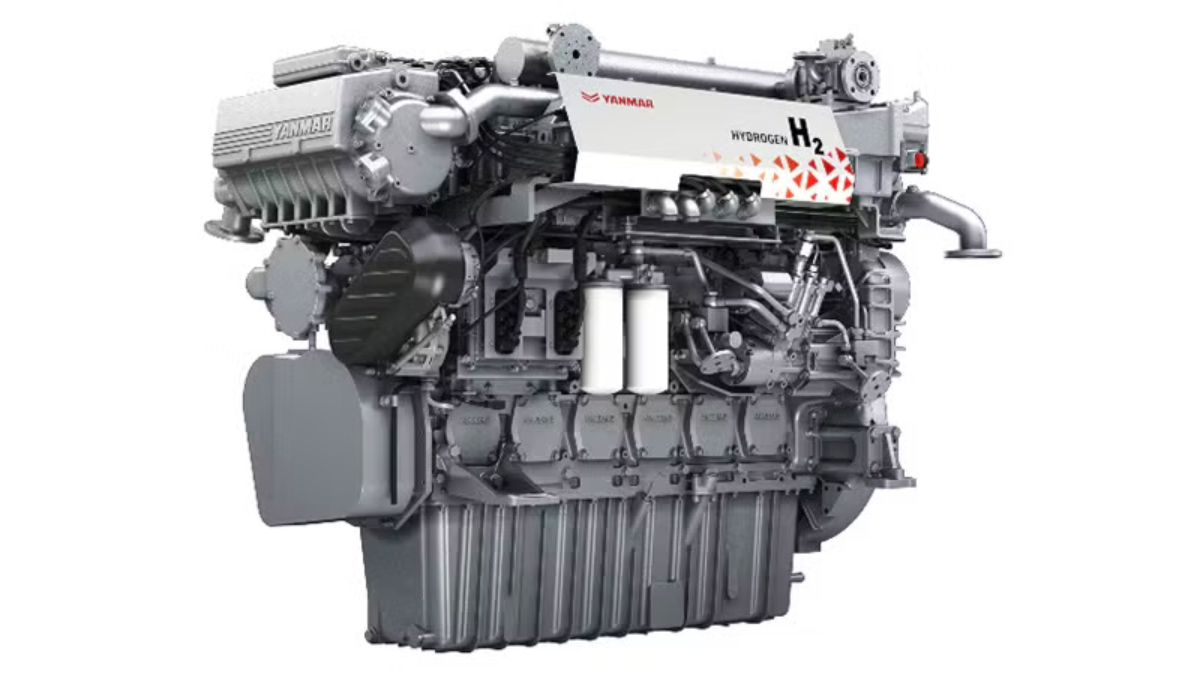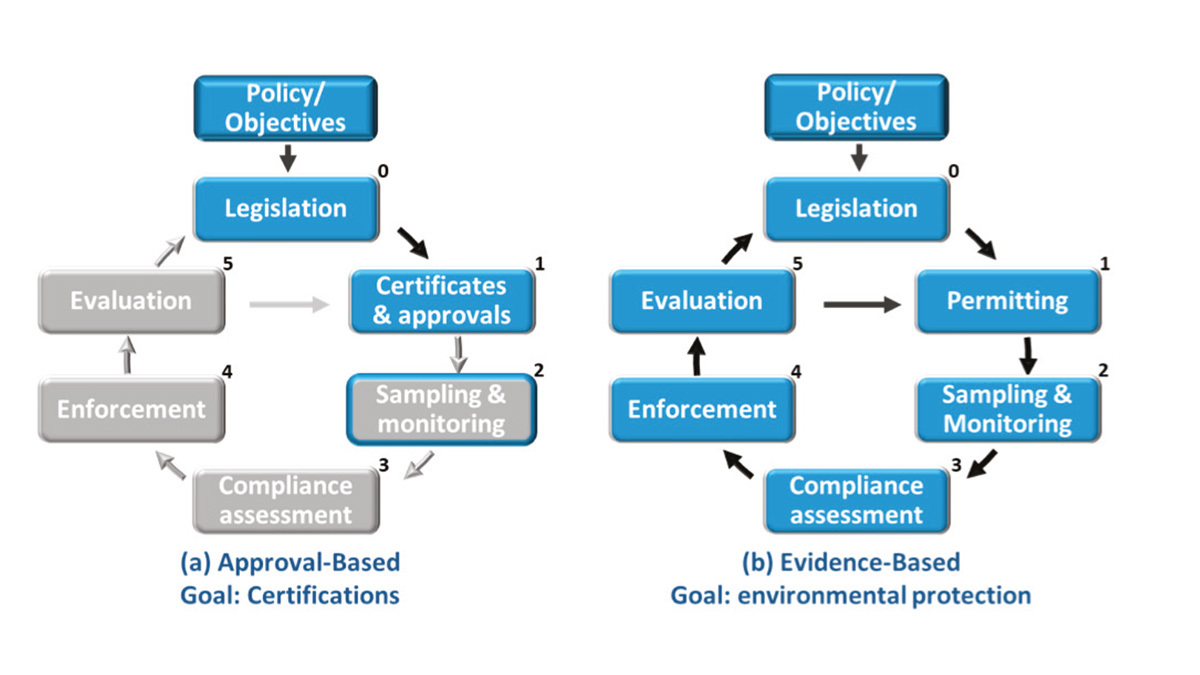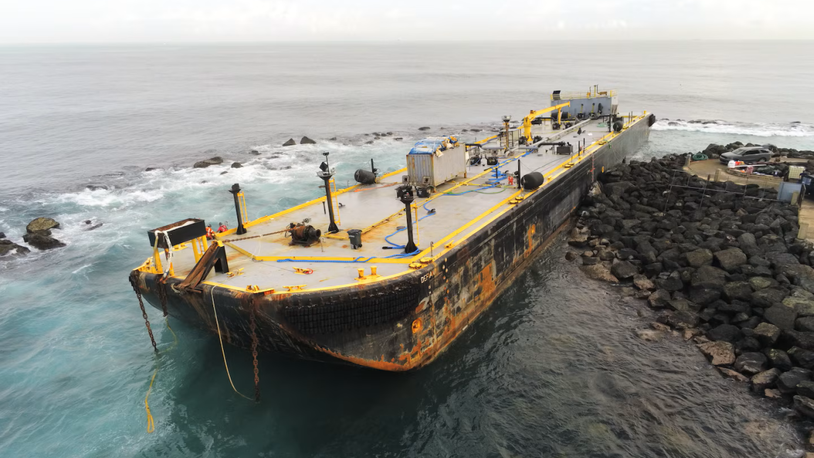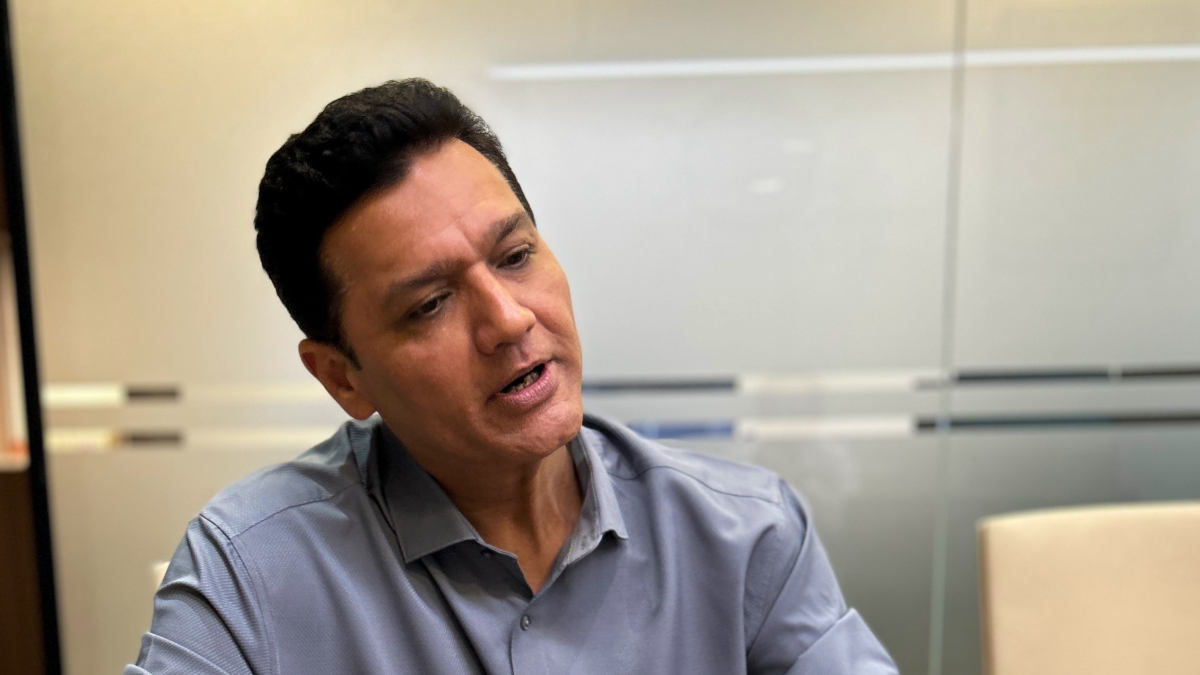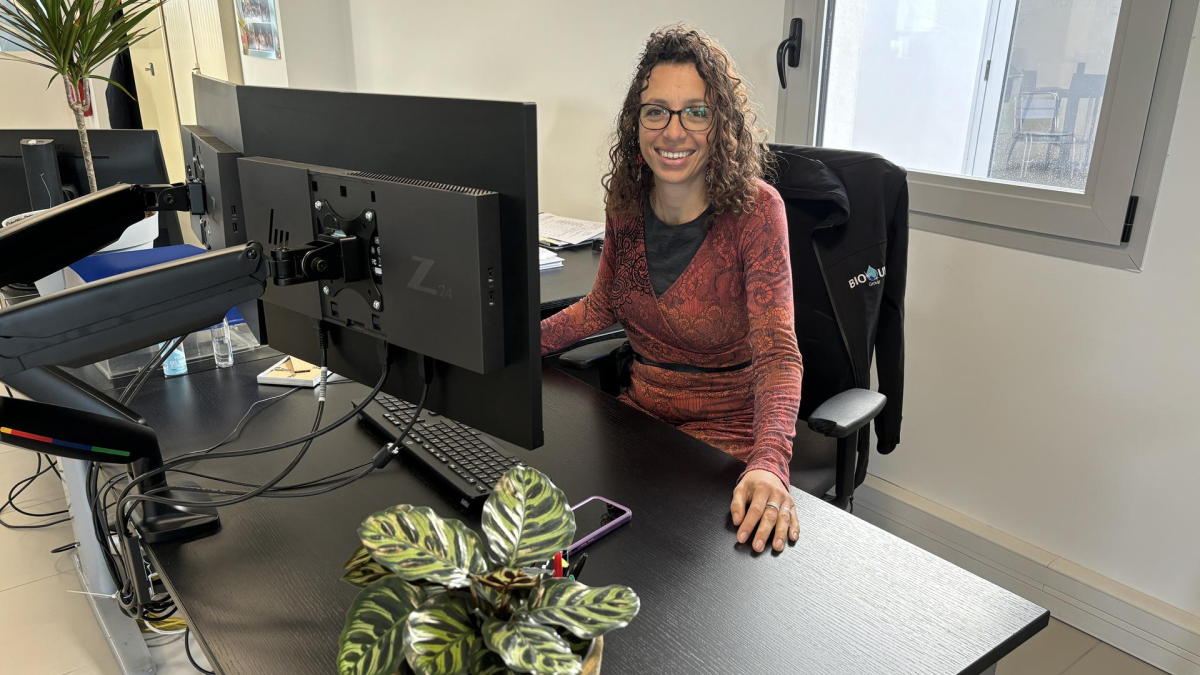Business Sectors
Events
Floating energy: successfully unlocking stranded gas using FLNGs and FSRUs
Contents
Register to read more articles.
Hydrogen-powered tugs planned for British ports
A UK-Australia consortium is planning to develop technology for hydrogen-powered tugboats and workboats to remove emissions from marine operations
Around £3.4M (US$4.3M) of funding has been set aside for the Hydrogen Zero Emission Maritime (HyZEM) project to design and develop low-carbon green hydrogen technology for high-powered workboats.
Half of the funds come from the UK government’s Innovate UK and the rest from Australia’s Department of Climate Change, Energy, the Environment and Water.
Freeport East, which covers the ports of Felixstowe, Harwich and Ipswich on the English east coast, is involved in this project and anticipates this will lead to hydrogen-powered tugs and harbour vessels being developed.
HyZEM also includes: the UK government’s Catapult innovation accelerator; Steamology, which develops zero-emissions hydrogen steam turbines; the UK’s National Composites Centre (NCC); Duodrive, which produces electric contra-rotating marine propulsion; naval architects Chartwell Marine; and Australian hydrogen producer and storage company Rux Energy.
Freeport East head of innovation and business engagement, Steven Wilson, told Riviera this collaborative project plans to develop hydrogen-powered tugboats to service ships using the three ports in its area of interest.
Other types of workboats supporting harbour and offshore wind operations would also be developed to use the planned investment in green hydrogen generation and distribution.
One of the main goals of HyZEM is to reduce the risks of deploying new technology and accelerate the adoption of marine green hydrogen.
The project aims to demonstrate practical applications for green hydrogen storage and propulsion on vessels, including bunkering technology, port storage, refuelling infrastructure, and how it will support local supply chains.
Freeport East intends to build a green hydrogen hub near Felixstowe with power coming from offshore windfarms in the North Sea, and Sizewell B and C nuclear plants on the coast, to produce 1 GW of hydrogen, with some of this set aside for powering port equipment and marine vessels.
NCC and Sydney, Australia-headquartered Rux Energy have developed advanced nanoporous materials for carbon-composite storage tanks for high-powered workboats, such as tugboats and crew-transfer vessels.
Rux Energy has opened its first office outside of Australia with a new engineering facility in Harwich, UK, to further develop its nanoporous materials for efficient, safe and low-cost hydrogen storage.
Riviera’s Maritime Decarbonization Conference, Americas will be held in Houston, Texas, 4 December 2024. Click here for program information, tickets, or to register your interest in this industry-leading event.
Related to this Story
CIC finds ballast water systems driving detentions
Events
Maritime Regulations Webinar Week
Floating energy: successfully unlocking stranded gas using FLNGs and FSRUs
© 2024 Riviera Maritime Media Ltd.




